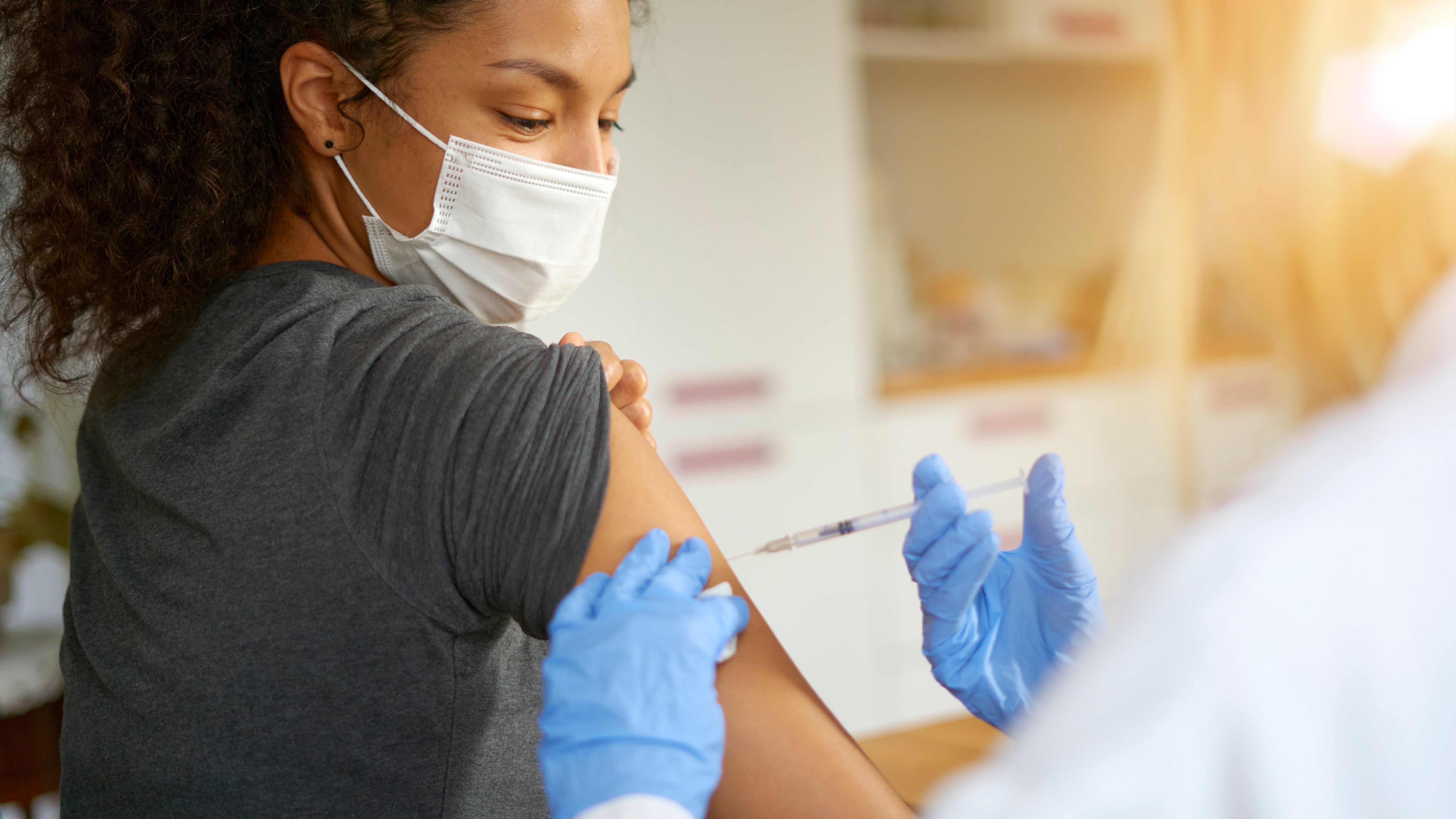
A heightened focus on obesity risk
properties.trackTitle
properties.trackSubtitle
What is driving our heightened concern about obesity? COVID-19 has highlighted the profound impact of obesity on many aspects of health.
The links between obesity and several leading causes of death, such as cardiovascular disease, diabetes, and cancer, are well established. However, researchers have found evidence that obesity is also a significant risk factor for at least 13 different cancers1 — the leading cause of death in the insured population — including many of the most common cancers that increase mortality risk such as pancreatic cancer, colorectal cancer, and breast cancer.2
Recognizing this key association, Munich Re has established a partnership with the American Cancer Society to fund key research focusing on the inflammatory component of obesity and the impact diet and exercise can decrease cancer risk.
According to Dr. Neil Iyengar, an oncologist at Memorial Sloan Kettering Cancer Center, at least 1 in 6 male cancer deaths and 1 in 7 female cancer deaths are related to obesity.1
Our experience with COVID-19 is also prompting new concerns. Analyses have found that those with a body mass index (BMI) of 35 or more have fared significantly worse, with one study concluding that “obesity plays a profound role in risk for death from COVID-19, particularly in male patients and younger populations.”3 This suggests that in future respiratory-related pandemics, the risk to those who are obese may also be amplified. This is particularly concerning given more than a third of Americans and more than a quarter of Canadians are currently considered obese.
Short-term mortality studies don’t capture the true risk associated with the increasing prevalence of obesity in North America — particularly for younger applicants and heavier applicants
As both obesity prevalence — especially among young people — and the frequency of epidemics due to globalization and climate change continue to rise, we expect the risk related to obesity to continue to increase as well. This makes it more critical than ever to leverage the appropriate tools for identifying ‘healthy obese’ and accurately pricing those with heightened risk.
Explore More Insights
About Munich Re Life
As a leader in the life reinsurance market, Munich Re Life’s expertise expands from market-leading offerings that include individual life and living benefits reinsurance, group reinsurance and financial reinsurance, to predictive analytics, digital partnerships, and standard-setting underwriting and medical capabilities.
We believe that the digital economy offers an unprecedented opportunity for the industry to rapidly advance risk assessment and close the widening global underinsured gap.
Learn more about our insights and innovations.



